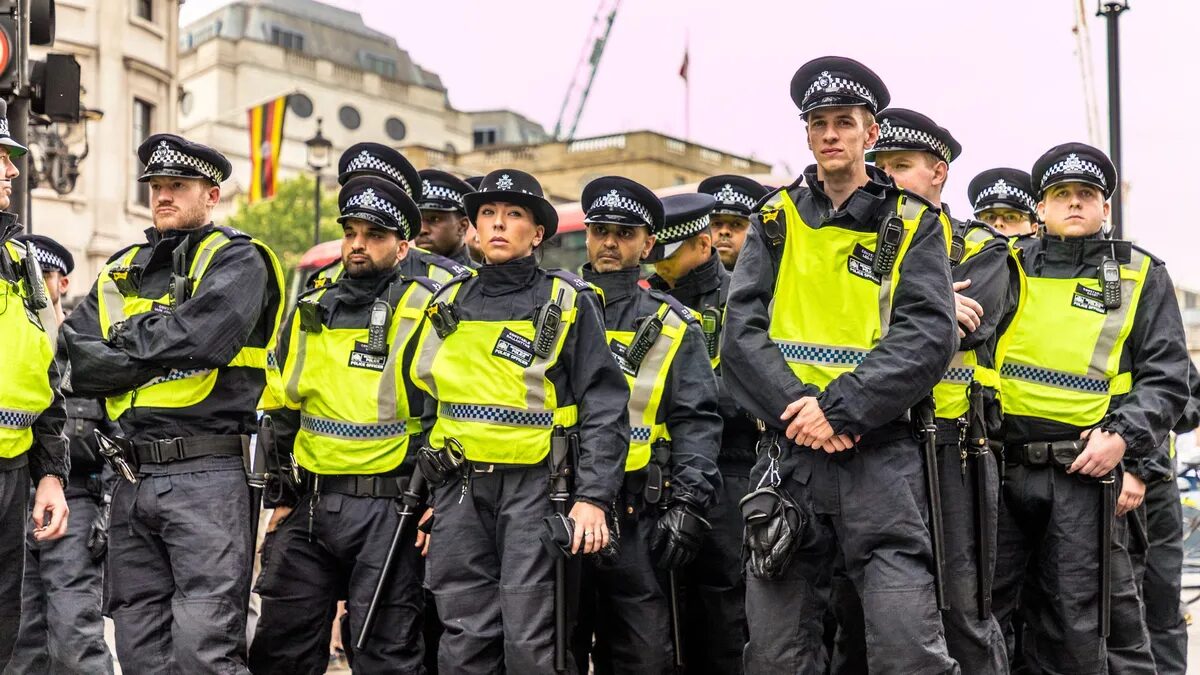Police are to stop recording neighbour rows and Twitter spats as offences under a major crime shake-up by the Home Office.
In an article for the Telegraph, Chris Philp, the policing minister, said it would stop police wasting time investigating "trivial" reports of people offended by rude text messages or chasing up neighbour disputes which had been settled by the time officers arrived.
He said the changes would save police officers 443,000 hours a year on bureaucracy and filling in crime reports so they could instead concentrate on investigating complex crimes and supporting victims. That is equivalent to putting more than 200 officers on the beat for an entire year.
Comment: It is astounding that police were wasting this much time doing things that were never their mandate.
"Police time is valuable," said Mr Philp. "I want to see officers chasing criminals and keeping the public safe, not filling in unnecessary forms."
The changes in the way crimes will now be recorded have been recommended by the National Police Chiefs' Council (NPCC) as part of a productivity review and are expected to be backed by the Labour party.
Police chiefs have complained that past changes to the Home Office's "counting rules" - the way offences are recorded - has led to incivility, petty disputes and double counting of offences inflating crime rates. Some critics will, however, demand safeguards that recorded crime rates are not artificially massaged down.
'Double counting' of offences
There will be four major changes to the way offences are recorded from next month, starting with the abolition of "double counting" of offences. All reported crimes for a single incident will now be recorded under the "principal offence" rather than as multiple entries for different offences - as already happens with murder.
This would mean that where a victim was stalked by an offender who caused criminal damage in the process, the single crime of stalking would be recorded and investigated as the principal offence. Similarly, the case of a woman raped after being stalked or harassed would be recorded as a single offence.
Officers will be told that they should no longer record "offensive" or "rude" letters, emails, text messages or other communications as crimes as long as they are not malicious.
"Creating hurt feelings or offence should not generally be treated as a criminal matter, except in very specific and limited circumstances," said Mr Philp.
Thirdly, it will no longer be counted as a crime if there is, for example, a public disturbance or a fight between two neighbours which is then resolved by the time the police arrive. At present, this would have to be recorded as a crime if a witness had reported it to the police as a threat to violence.
Both the changes would require sign-off by a supervisor such as a police sergeant.
The final amendment would make it easier for officers to cancel the recording of a crime where there was sufficient evidence that none was committed. The sign-off required will vary on the gravity of the offence.
Recorded crime 'likely to fall'
The changes will mean police recorded crime is likely to fall but ministers said the England and Wales crime survey, which measures people's actual experience of offending, will be unaffected.
The survey, by the Office for National Statistics (ONS), has shown a steady decline in the overall crime rate in contrast to police recorded crime which has seen sharp increases, particularly in violence, sexual offences, and stalking and harassment - two crimes that were subject to new "double counting" rules in 2017.
Gavin Stephens, NPCC chair, said the 443,000 officer hours wasted on form-filling equated to an officer attending 220,000 domestic abuse incidents, 270,000 burglaries or almost 740,000 anti-social behaviour incidents.
Andy Marsh, the chief executive of the College of Policing, said: "Officers and staff must be able to maintain high standards and properly record and investigate reported crimes whilst not becoming bogged down in unnecessary bureaucracy."
Dame Vera Baird, former victims' commissioner and a former police and crime commissioner, said police needed to tread carefully. "It's quite dangerous to be messing with the accepted way of recording crime unless there is a real fundamental justification for it," she said.




Comment: See also: